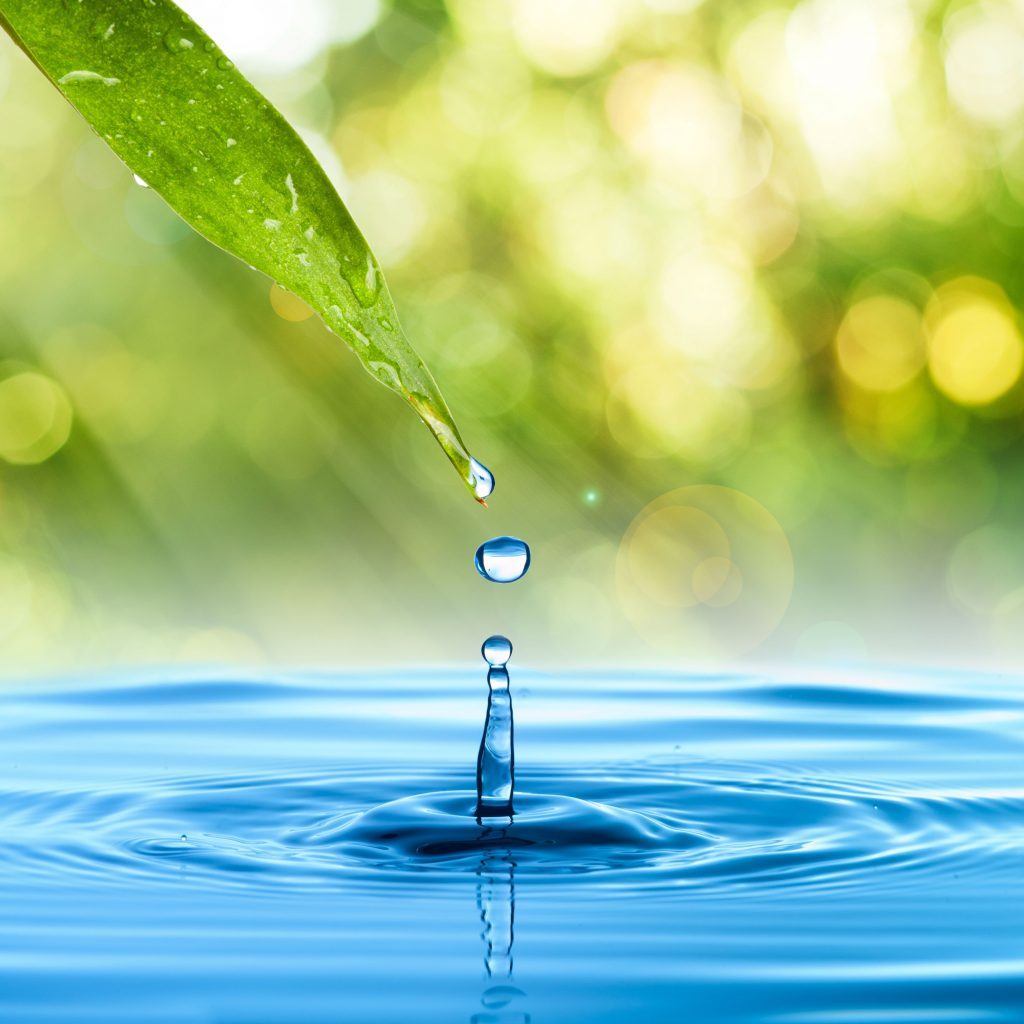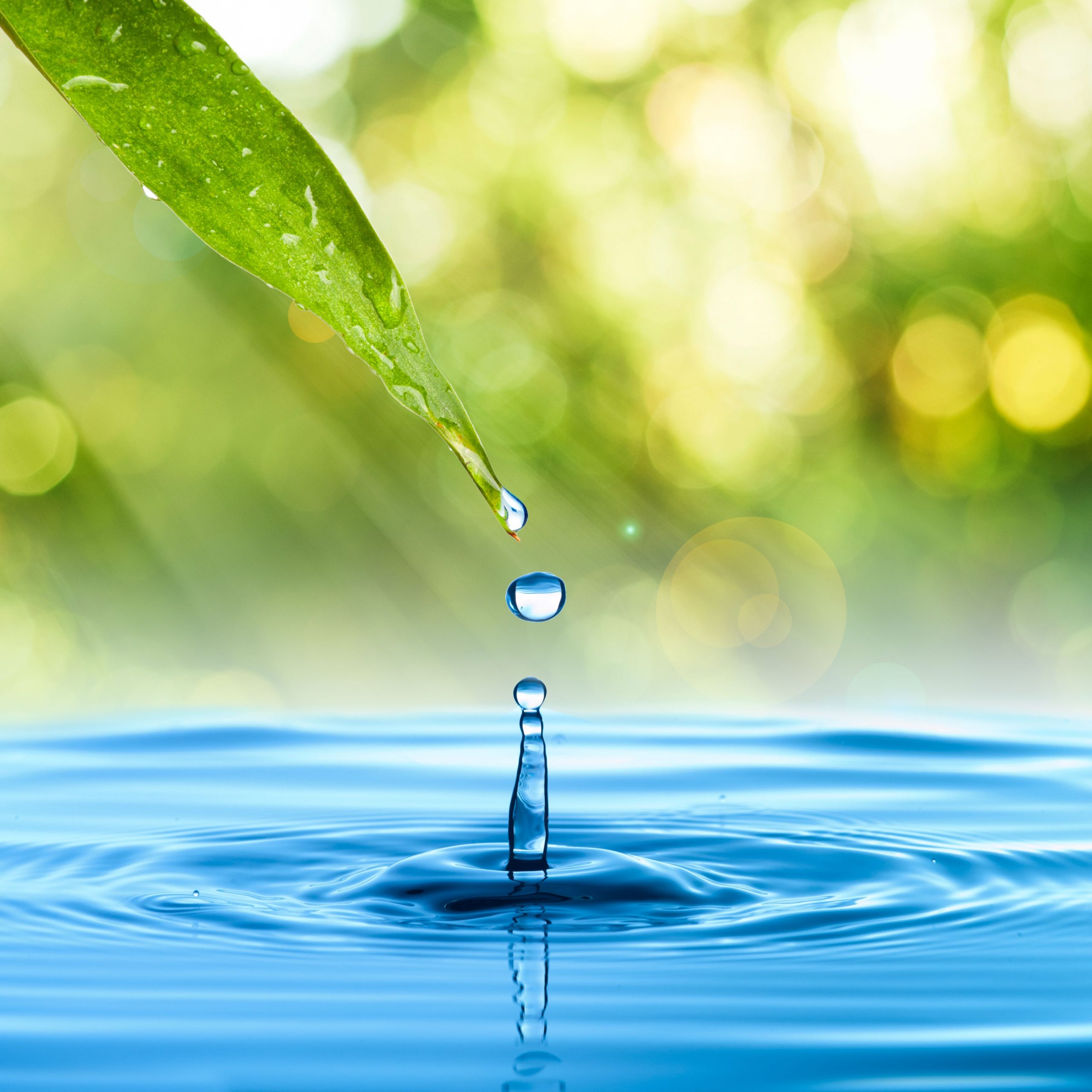Agricultural Water Summit will provide keys to tackling water supply crisis
(Santiago, Chile, June, 2022) Chile is currently going through one of the worst recorded droughts in the last 100 years, which has impacted all sectors in the country and is depleting its fresh water reserves.
With the aim of analyzing the water crisis and examine solutions, including technology and innovations for managing and preserving water for use in agriculture, August 4 2022 will see Chile playing host to the first edition of the Agricultural Water Summit (AWS) in the Conference Centre of San Francisco de Mostazal’s Hotel Sun Monticello.
This major event, organized by Yentzen Group, will be the stage for a gathering of the agricultural sector, bringing together globally-recognized experts to discuss one of the most important topics for both Chile and Latin America as a whole.
Gustavo Yentzen, president of Yentzen Group, said: “The Agricultural Water Summit is a unique event because it is the first gathering of its kind dedicated to the subject of water in Chilean agriculture. We are looking to bring together producers, exporters and farmers in a single venue where we can learn about and analyze all the factors that relate to water for us as a sector.”
“The format will be similar to other events we have organized, such as the Global Cherry Summit and the South American Blueberry Convention, where there will be an exhibition area with 54 stands and a separate, adjoining area where the presentations will take place.”
The event will begin with a presentation from Guillermo Donoso, one of the leading economic experts in Chile specializing in water resources for intensive agriculture, titled, “An analysis of the water situation in the Southern Cone”.
Donoso said: “Over time, water shortages have increased and forecasts show that these shortages will become more and more severe, meaning that conflicts and competition over access to water will increase. For this reason, it will become more and more difficult to meet our projected production quotas. Taking into account the long and intense drought that we have experienced, there is an urgent need for research, looking at what technologies could be used and how we can make better use of water with the aim of avoiding this becoming a limiting factor in the future.”
The second session will be led by Felipe Martín, managing director of MAS Natural Resources, who will focus on “lessons from other countries experiencing water stress”.
He said: “A contributing factor in all of this is the constitutional convention, which will change the rules concerning water rights. This is something we have to talk about, learn about and this event will help bring us up-to-date about important subjects like this. Chile has had a water crisis for more than 13 years with a structuralized drought and a serious lack of infrastructure. Therefore, we need to examine alternative methods for distributing water along the length of Chile, bearing in mind that this situation is likely to continue.”
The second session will also look at “Risks, Innovation and Engineering Precision”, which will include parallel presentations on “4D Water” and “Mycorrhiza and Water Efficiency”.
“Efficiencies in genetics and energy” will be the topic of the following session, which will feature the participation of two specialists: consultant Raúl Ferreira and Patricia Arce Johnson from the Pontifical Catholic University of Chile.
Following this, experts such as Germán Wielandt from Hidrotattersal will look at “Alternative sources of Water for Agriculture”.
The final session and panel, “Collaboration as a solution”, will be moderated by Francisco Contardo, journalist and director of the “Managing Water” initiative.
Contardo said: “It is very important that we work together, across industries on how to move forward on the subject of water by speaking together and coordinating our efforts. It is key that agriculture works with mining, energy and other industries to seek solutions to the water problem. It is also crucial to remember there is a problem with access to drinking water for human consumption in rural areas which is different from urban areas.”
Vital event for the industry
The Agricultural Water Summit is one of the most pioneering and unmissable events of 2022, which will enable delegates to gain an overall, strategic picture of how this scarce and vital resource for agriculture can be used more efficiently.
Gustavo Yentzen continued: “The invitation we are making is to take part in more than just an event; for us, that stage passed quite some time ago. We want to establish a platform for today and the future where we can discuss and debate water in agriculture.”




